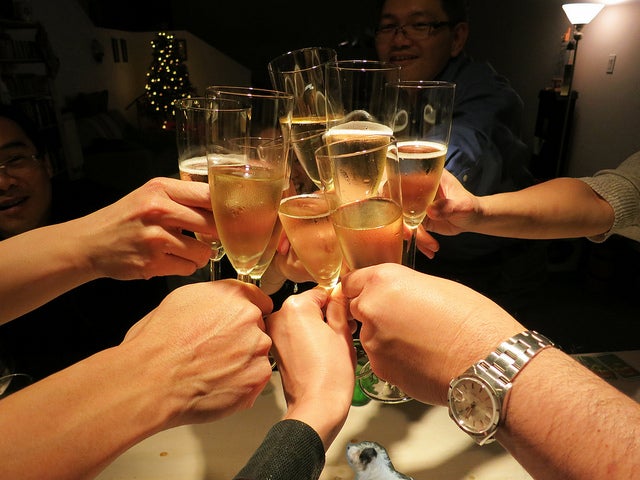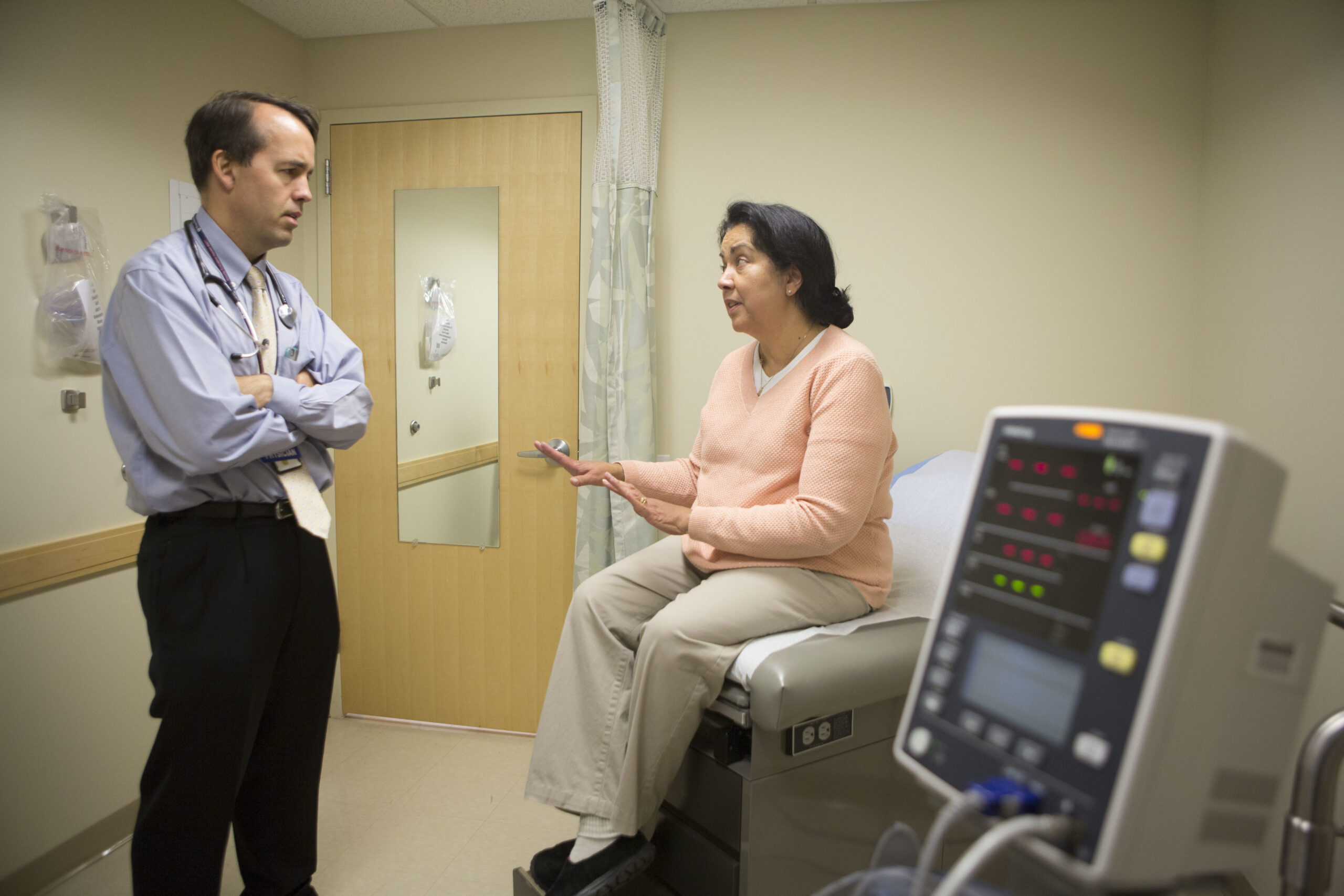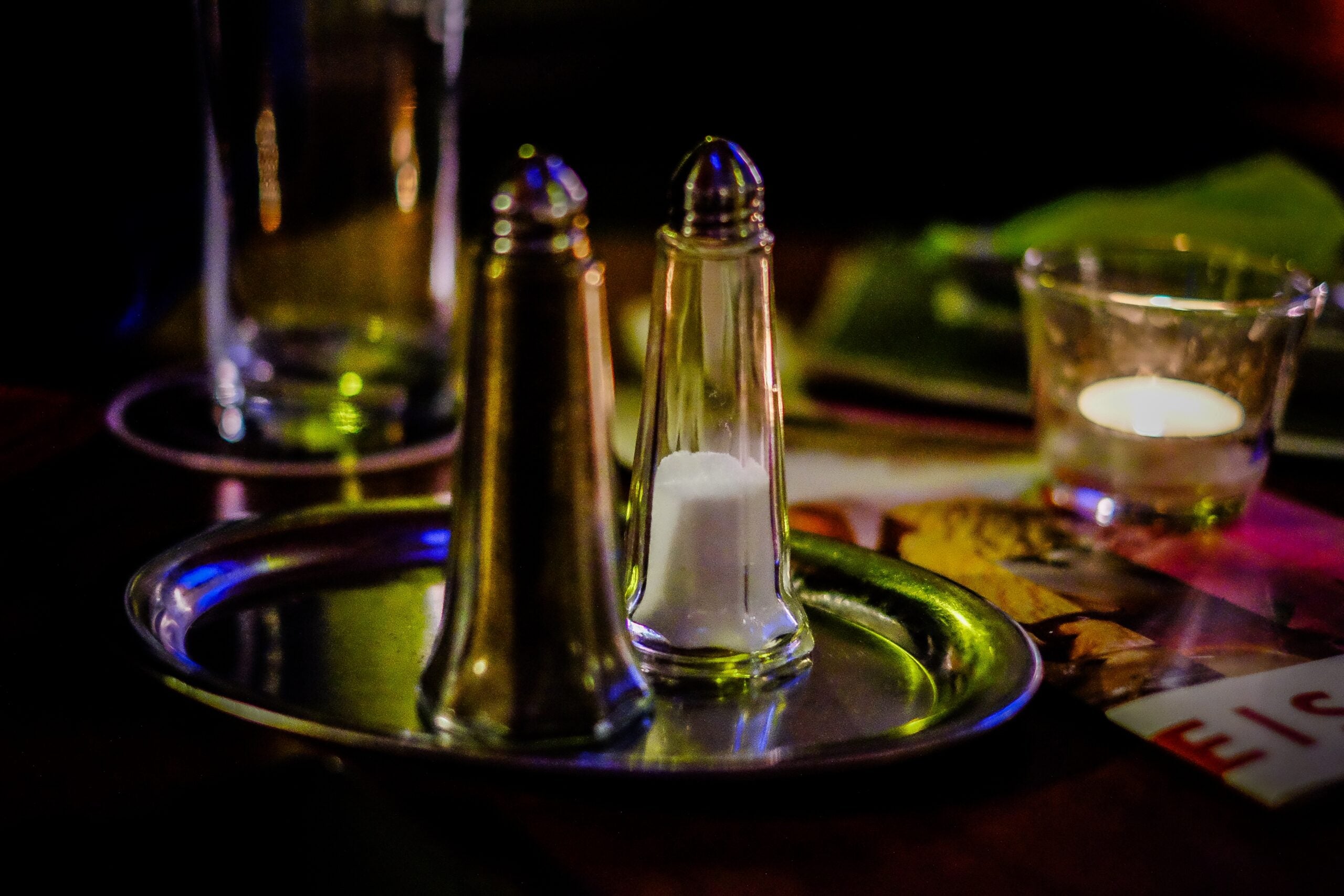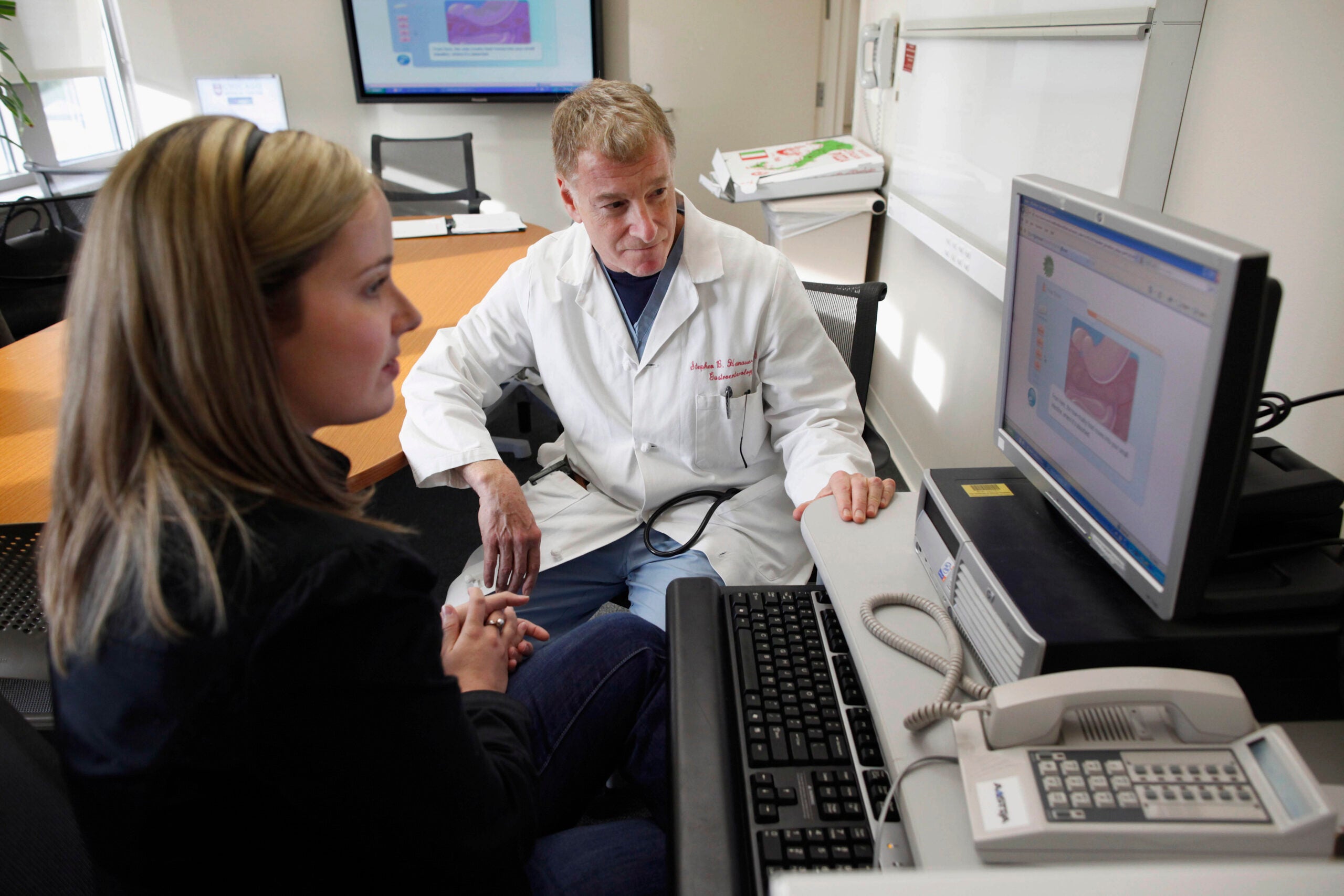This is the time of the year to reflect on what we have to be thankful for. I seem to do this every holiday season, and I bet some of you do, too. But there’s one thing we often don’t think about, and that’s the tremendous strides in medical care that have occurred over my lifetime.
I just got back from my high school reunion, where I saw lots of friends I hadn’t thought about in a long time. Others were not there because they had died — some from problems we can easily solve today.
One example was a guy named Gerry — big guy, lots of friends, with a wife and a family. He went into his father-in-law’s business of pest extermination. He loved the job.
Stay informed on the latest news
Sign up for WPR’s email newsletter.
One day, Gerry began experiencing some back pain that was different — way different. He was out in the country and went to a country hospital, one without a CT scan or an ultrasound machine. This was back in the ’70s.
His pain got worse and worse. They weren’t sure why, but they thought it might just be a back spasm. He hadn’t done anything to make that happen, but you know how back pain can be; it comes and goes.
Gerry knew this was different, but that didn’t help.
Long story short — he died of a ruptured aortic aneurysm, something that can be picked up with today’s modern tests. It can be an easy pickup, an easy save.
I could go on and on, but a recent study published in the Journal of the American Medical Association summed it up. They looked at the leading causes of death from 1969 to 2013. They were interested in deaths that occurred in people under the age of 75.
Overall, there has been a whopping 43 percent reduction in death before the age of 75. This is monumental. No one, when I went to medical school, predicted this.
Looking deeper, they saw a 77 percent reduction in stroke and a 68 percent drop in heart disease. You can chalk this up to better eating, more exercise, reduced smoking and medications to control blood pressure and reduce cholesterol.
But now look at injuries — that’s down by 40 percent. Credit better workplace conditions and fewer deaths by fire, in part, but the biggest reason for this is the drop in traffic deaths. Seat belts, air bags, cars with crinkle zones that crimp when you crash and less drinking when you start your jalopy are reasons for that.
Now, what about cancer? We’ve made strides there, too; there has been an 18 percent drop. But that’s nothing compared to heart disease. We have a way to go with cancer — technology hasn’t quite solved this problem.
And I haven’t even gone into the great strides we’ve made in orthopedics in enriching our lives — arthroscopic surgery to fix meniscus injuries, total hip and knee replacements have put people back to working and playing in a way that never happened in years past.
I’m a perfect example. I fractured my ankle in San Francisco a few years back. If it were back in the day, I never would have walked again. But with some rods and screws, I’m back skiing like I never lost a day.
So, this year, when you’re toasting good cheer, toast our good friend technology. She’s the silent partner in the room. Stay well.
Wisconsin Public Radio, © Copyright 2025, Board of Regents of the University of Wisconsin System and Wisconsin Educational Communications Board.







